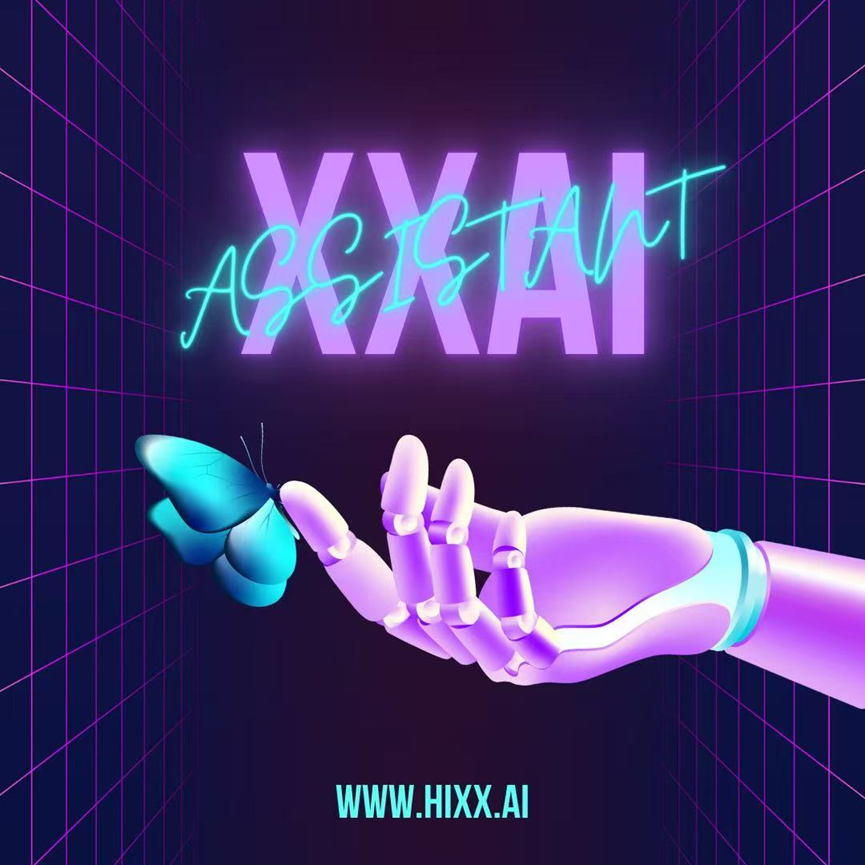I'm the Doorman at the Gates of AI: After Testing Dozens of Models, I’ve Stopped Chasing the Hype

On the last working day of May, I sat at my desk like usual, trying to come up with a blog topic. My mind wasn’t filled with inspiration—it was full of anxiety.
Here’s the awkward part: I work in the AI industry. I write AI tool reviews, share the latest AI news, and teach people how to use artificial intelligence in daily life. But lately, I’ve found myself avoiding AI news and communities.
Claude 3.7 came out—I clicked in, read a few lines, then closed it. DeepSeek R1 launched—same reaction. Even when GPT-4.1 made a splash with its capabilities, my reaction was just: “Yep, it's powerful… but is that it?”
And then it hit me: Have I lost my passion for AI? Am I falling behind?
Everyone’s Racing Forward, but I’m Feeling Lost
At XXAI, I test new large language models (LLMs) every day. I write guides, compare features, document strengths and weaknesses. Over the past year, I’ve reviewed almost every major foundation model: OpenAI’s GPT series, Anthropic’s Claude, Google’s Gemini, Meta’s LLaMA, Baidu’s ERNIE Bot, Alibaba’s Qwen, Baichuan, Zhipu AI, DeepSeek—you name it. From reasoning and coding to multimodal performance, I’ve benchmarked them all.
But recently, an odd sense of fatigue has crept in.
- Models keep getting stronger—so why do I feel less excited?
- Why is traffic on my AI blog posts dropping?
- Are users starting to feel the same burnout too?
AI Models Keep Improving—But We’re Not Benchmarks
Then one day, I stumbled on a comment from an everyday user that stopped me in my tracks:
“Honestly, I just want a tool that can write decent copy. Doesn’t have to be perfect—just something that saves me time.”
That simple statement flipped a switch in my brain.
I looked back at the dozens of AI reviews I’d written. So many of them emphasized things like: “Logical reasoning improved by 30%,” “Outperforms GPT-4 in factual accuracy,” “Code generation approaching human level.”
But for someone who just wants to write a few blog posts, edit videos, or brainstorm ideas… What do these benchmarks even mean?
Yes, AI capabilities are growing. But most users aren’t here for a leaderboard—they’re here to get stuff done.
For everyday tasks—copywriting, translation, note summarizing, creative ideation—what matters isn’t which model is strongest, but which one feels the most useful.
Not Everyone Needs to Be an AI Expert
I used to feel constant pressure to keep up. Whenever I saw someone go viral with AI-generated content, or use AutoGen to build a business, I’d think: “Should I be learning this too?” “Am I falling behind by still writing basic tutorials?” “Is just reviewing AI tools even valuable anymore?”
But now I see it differently.
Everyone plays a different role in the AI revolution.
Some are building cutting-edge models and writing research papers. Some are pioneering new AI applications and launching startups. And some—like me—are the doorkeepers.
And that’s OK. Being the person who helps others step into the world of AI matters too.
I’m Shifting Focus: From Hype to Real User Needs
Working at XXAI has given me a front-row seat to how real people use AI.
They don’t care about how transformers work. They’re not asking about tokens-per-second or fine-tuning strategies. They just want answers to simple, practical questions like:
- Which AI writes the best YouTube scripts?
- Is Claude or GPT better for writing in Chinese?
- What’s the most natural-sounding AI translation tool?
- Are there any good free AI tools for making pitch decks?
These are the questions that actually matter. This is what AI adoption really looks like.
If we obsess only over “who has the biggest model” or “who scores highest on MMLU,” we’re no better than smartphone makers bragging about meaningless benchmark scores.

Let Go of the Anxiety—We’re Witnessing History
AI anxiety is real. I’ve felt it, and I know others have too.
“Will AI take my job?” “Am I too late to learn AI?” “Why does everyone else seem to be making money with AI except me?”
I’ve wrestled with all those questions. But these days, I try to turn that fear into curiosity.
Instead of asking “What am I missing?” I ask “What can I do with this tech today?” I don’t need to be the most advanced AI user— I just need to be someone who uses AI well.
Final Thoughts: I’m Still Curious, Just Moving Slower
I’ll continue reviewing AI tools. I’ll still share real-world use cases, tutorials, and honest impressions. But I won’t pressure myself to write about every new release the moment it drops. I’m done feeling like I must master every AutoGen trick or multimodal pipeline to stay relevant.
I’m learning to accept a slower, calmer version of myself.
I’m the doorman at the gates of the AI world. And I’m happy to stand here, waving you in.
Welcome. You’re right on time.